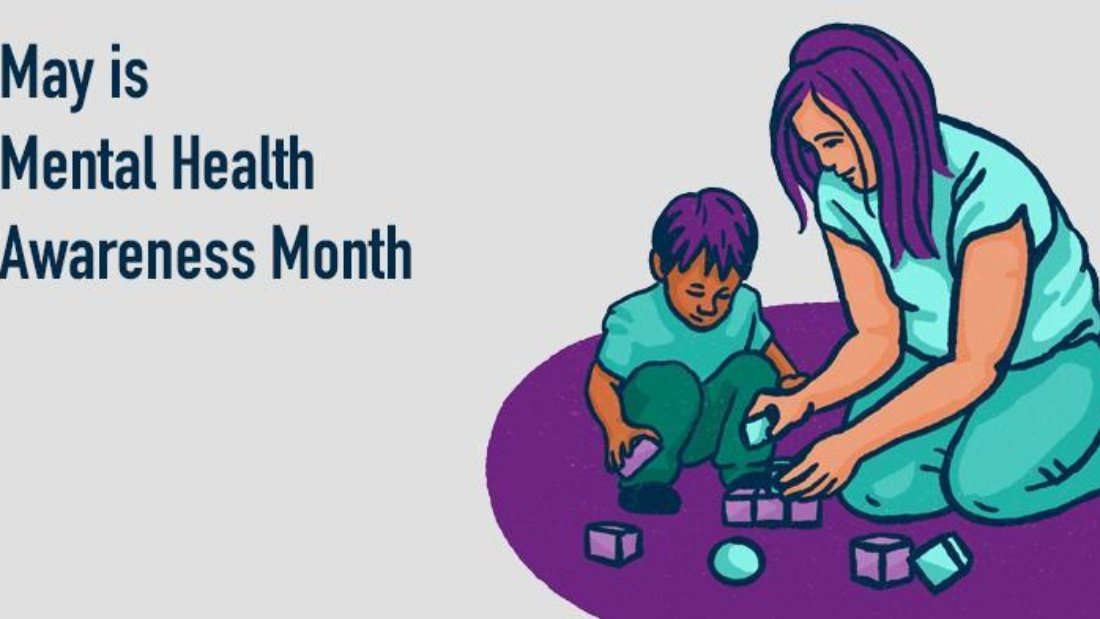Teaching elementary school-age children about mental health can be a challenging yet profoundly rewarding journey for parents.
Mental health awareness is an important topic, crucial for instilling resilience and emotional intelligence in children. That’s why
dedicating a month to mental health awareness is so vital. It provides a timely opportunity for parents to initiate essential
conversations that can lead their children to a happier and healthier future.
Mental health awareness month is much like having a special, focused celebration, much like Mother’s Day or Thanksgiving. It serves
as a reminder of the importance of mental well-being and offers families a chance to discuss feelings, emotions, and mental health
openly. For parents worried about how to broach such a delicate subject, the key lies in simplicity, honesty, and empathy.
Parents should start by helping their children understand what mental health means. Just as physical health refers to the well-being of
the body, mental health concerns the mind and emotions. Normalizing conversations around mental health can demystify the topic
and make it less intimidating. Use child-friendly language, and relate to kids’ everyday experiences, such as feeling happy, sad, worried,
or excited.
A great way to explain this is through storytelling, a method children naturally gravitate towards. Parents can read together books that
discuss emotions and mental health in playful, relatable ways. Characters in these stories might face challenging situations and learn
to manage their feelings, offering young readers valuable lessons in resilience and self-awareness.
One of the most potent tools in teaching kids about mental health is to lead by example. Parents should exhibit healthy emotional
habits, such as talking openly about their feelings, practicing mindfulness, and showing empathy. Children are keen observers and
often emulate adult behaviors.
Parents can also encourage their children to express themselves. Art, music, and play are wonderful outlets for kids to explore their
emotions. These activities can provide insight into what their child might be feeling and serve as a gentle segue into more profound
conversations about mental health.
Furthermore, dedicating time for family discussions during mental health awareness month emphasizes its importance. This period
can become a tradition where families focus on mental well-being together. It’s a time for parents to reinforce that everyone has
moments when they feel down or anxious and that it’s okay to ask for help.
In wrapping up, when parents embrace the opportunity to discuss mental health openly, they empower their children. The lesson that
mental health is as crucial as physical health sets the foundation for a lifetime of emotional wellness. With open hearts and minds,
parents can guide their children towards understanding and compassion, equipping them with the tools to navigate life’s ups and
downs. Mental health awareness month is not just an observance but a call to action—a chance for families to come together and
foster a more aware, emotionally intelligent generation.


Leave A Comment